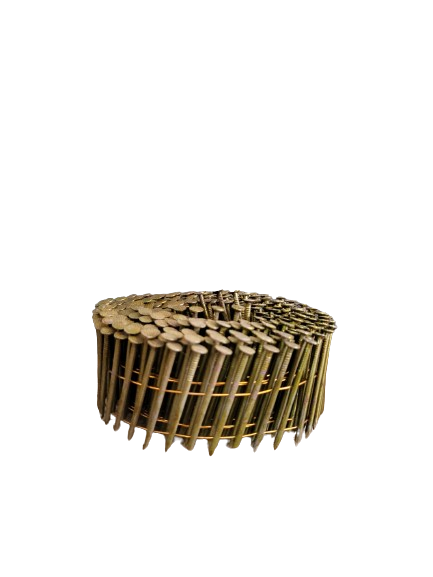What are Reciprocating Compressors?
Reciprocating air compressors, also known as piston compressors, are among the most widely used types of air compressors in various industries. Their ability to generate high pressure with relatively low energy consumption makes them ideal for many applications, from small-scale workshops to large industrial operations. This blog post will delve into the workings of reciprocating air compressors, their types, and their broad range of applications. We’ll also explore their advantages and maintenance needs to help you understand why they are such a critical component in many industries.
A reciprocating air compressor is a type of positive displacement compressor that uses a piston driven by a crankshaft to deliver gases at high pressure. The reciprocating action of the piston compresses the air within a cylinder, reducing its volume and increasing its pressure. This compressed air is then stored in a tank for later use in powering various tools, equipment, or processes.
How does Reciprocating Compressors work?
The operation of a reciprocating air compressor can be broken down into several key steps:
- Intake Stroke: The piston moves downward, creating a vacuum inside the cylinder. This vacuum causes the intake valve to open, allowing air to flow into the cylinder.
- Compression Stroke: As the piston moves upward, the intake valve closes, and the air inside the cylinder is compressed. This compression reduces the air volume while increasing its pressure.
- Discharge Stroke: Once the air is compressed to the desired pressure, the discharge valve opens, and the high-pressure air is forced out of the cylinder into the storage tank.
- Exhaust Stroke: The piston moves back down again, preparing to start the process anew with the next intake stroke.
This cyclical process allows the compressor to continuously take in air, compress it, and store it under high pressure for use in various applications.
Available Reciprocating Air Compressors
- Air Compressors 2HP
- Air Compressors 3 HP
- Air Compressor 5 HP
- Air Compressor 7.5 HP
- Air Compressor 10 HP
- Air Compressor 15 HP
Applications of Reciprocating Air Compressors

Reciprocating air compressors are versatile and find use in a wide range of industries. Here are some of the most common applications:
- Manufacturing:
- Used in assembly lines, pneumatic tools, and equipment operation.
- Provides high-pressure air for operating machinery, spray painting, and other manufacturing processes.
- Automotive Industry:
- Powers air tools, such as impact wrenches and spray guns.
- Used in tire inflation, vehicle assembly, and maintenance.
- Construction:
- Essential for operating jackhammers, nail guns, and other pneumatic tools.
- Provides reliable power in remote locations where electricity is not available.
- HVAC Systems:
- Used in air conditioning and refrigeration systems for compressing refrigerants.
- Powers air-handling systems in large buildings.
- Food and Beverage Industry:
- Oil-free compressors are used to ensure that compressed air is free of contaminants.
- Employed in packaging, bottling, and food processing applications.
- Healthcare:
- Provides clean, oil-free compressed air for dental equipment, medical devices, and oxygen supply systems.
- Energy Sector:
- Used in natural gas processing, pipeline operations, and in the production of various energy forms.
Conclusion
Reciprocating air compressors are a vital component in many industries, offering versatility, reliability, and the ability to generate high-pressure air for various applications. Understanding the different types of reciprocating compressors, their working principles, and their maintenance requirements can help you choose the right compressor for your needs and ensure its long-term performance.
Whether you’re using a single-stage compressor in a small workshop or a double-acting, oil-free compressor in a large industrial setting, the principles outlined in this guide will help you get the most out of your reciprocating air compressor.
By investing in regular maintenance and understanding the specific needs of your application, you can ensure that your compressor operates efficiently, saving you time and money in the long run.
If you’re considering a reciprocating air compressor for your business, make sure to assess your specific requirements, including the desired pressure levels, application type, and maintenance capabilities. This way, you’ll be well-equipped to make an informed decision that will serve your operations effectively for years to come.





